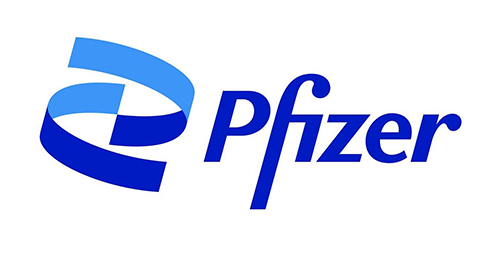
Pfizer has issued a community letter sharing that the FDA has lifted the clinical hold on the company’s Phase 3 ambulatory trial (CIFFREO) for their investigational mini-dystrophin gene therapy product for Duchenne.
Pfizer has addressed the FDA’s requests related to the potency assay and implemented protocol updates to the CIFFREO study in consultation with the external data monitoring committee and gene therapy experts.
Following the lift of the clinical hold, Pfizer is now proceeding with the study in the United States and working to activate trial sites to begin recruitment, screening, and enrollment in CIFFREO for the first time.
Read Pfizer’s community letter
April 28th, 2022
We are pleased to share the good news that several regulatory authorities have approved the re-start of our Phase 3 ambulatory trial (CIFFREO) for our investigational mini-dystrophin gene therapy for Duchenne muscular dystrophy.
The U.S. FDA notified us that the clinical hold has been lifted and and that Pfizer has addressed the agency’s requests related to the potency assay. As such, Pfizer may proceed with the study in the United States. This means that we are now working to activate U.S. trial sites to begin recruitment, screening, and enrollment in CIFFREO for the first time.
In addition, to date, regulatory authorities in the United Kingdom, Canada, Taiwan, Spain, and Belgium have approved the re-start of CIFFREO. The exact timing of re-start activities will vary country by country, and site by site; we are working to activate trial sites as quickly as possible as approvals occur.
Pending regulatory feedback, we anticipate that nearly all CIFFREO trial sites globally will be open by the end of June 2022.
Protocol updates to the CIFFREO study have been made in consultation with the external data monitoring committee and gene therapy experts, with patient safety as our first priority. Participants in the study will be administered gene therapy in a hospital setting where they will be monitored for seven days following treatment. This protocol amendment was put forward out of an abundance of caution with patient safety top of mind and will enable investigators to closely monitor patients and manage any potential events moving forward.
We also recognize the need for new treatment options for non-ambulatory patients with Duchenne muscular dystrophy. We continue to work with gene therapy experts to assess potential next steps for our non-ambulatory program.
We will continue to share information with the Duchenne community as it becomes available.
Once again, we want to express our gratitude for your trust and collaboration as we continue to work diligently and with the utmost care to advance our gene therapy program for Duchenne muscular dystrophy. We want to thank the participants in our clinical program and their families, without whom the development of this much-needed potential new therapy would not be possible.
Sincerely,
The Pfizer DMD gene therapy team



 by: Parent Project Muscular Dystrophy
by: Parent Project Muscular Dystrophy

